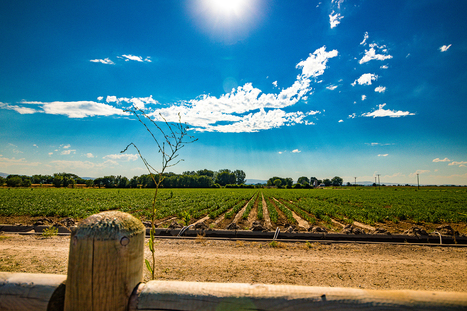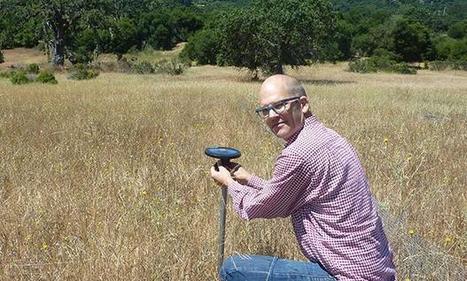"Connecting objects and devices through the Internet of Things (IoT) can help solve the greatest challenges of our time, from cutting emissions to feeding a growing population," believes Alicia Asín, CEO and co-founder of Spanish technology company Libelium which makes IoT hardware. Asín was the second-place winner of the 2018 EU Prize for Women Innovators.
Research and publish the best content.
Get Started for FREE
Sign up with Facebook Sign up with X
I don't have a Facebook or a X account
Already have an account: Login
Our world is urban: cities will be smarter, with informatics, open data networks, sensors and services
Curated by
Judy Curtis / SIPR
 Your new post is loading... Your new post is loading...
 Your new post is loading... Your new post is loading...
|
|












How do you think IoT is changing cities and society?
‘The IoT is creating a data culture by introducing the concept of measure, think, and then make a decision. If you’re the mayor of a city and decide to implement a congestion charge or restrict access to diesel vehicles but you cannot demonstrate the levels of pollution, citizens will think the decision came down to political or ideological reasons. But if you can back up the decision with data, then that’s working towards more transparency.’ - Alicia Asin, CEO & co-founder, Libelium